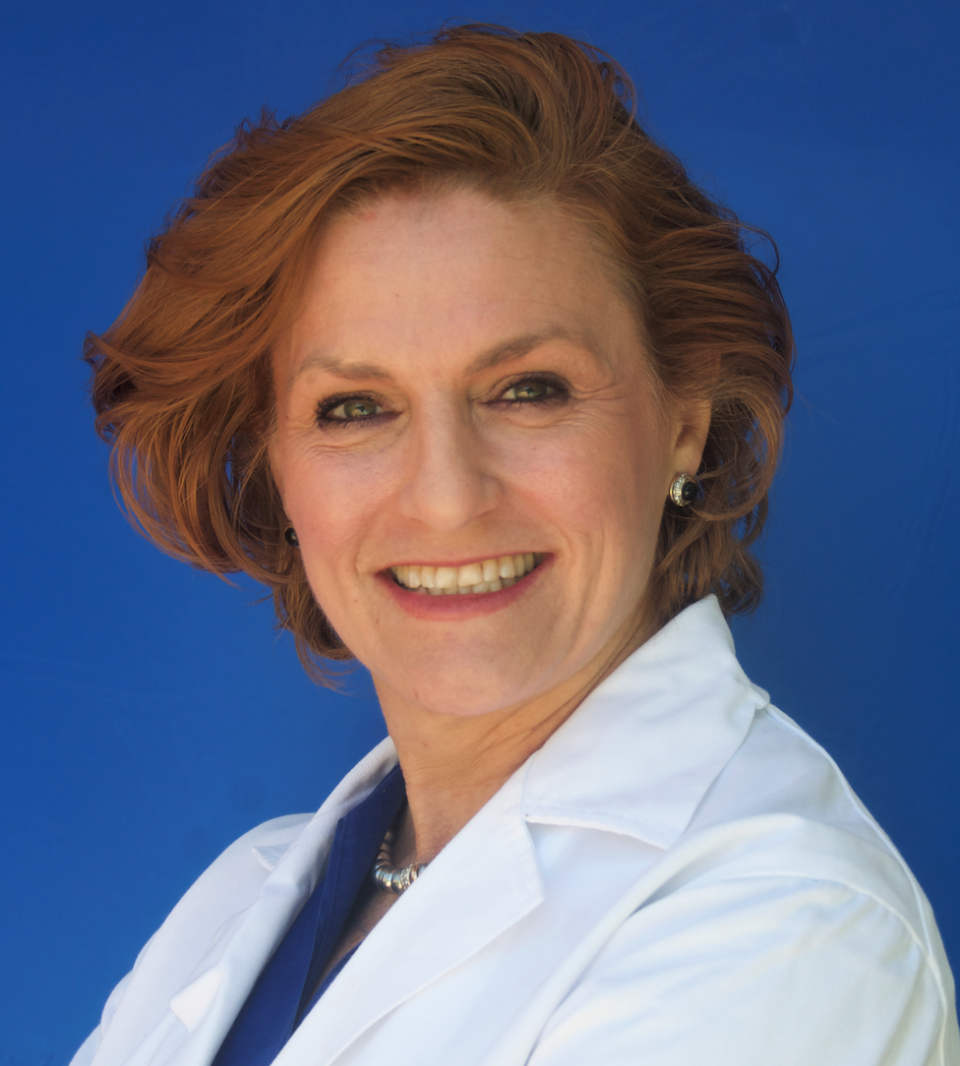Dr. Dawn Bingham: South Carolina lawmakers need to stay out of delivery rooms, exam rooms
- Oops!Something went wrong.Please try again later.
Abortion bans harm patients, impair the integrity of the medical profession, and have a devastating and unquantifiable impact on the patients and clinicians they affect. In states where abortion has been banned, the consequences for women and girls have been devastating.
In his August opinion piece, SC Rep. John McCravy III, who chaired the ad hoc committee that drafted the language the House of Representatives bill that would ban almost all abortions in our state, stated that abortion bans do not harm women. There is mountain of evidence to the contrary, and the American Medical Association has stated that “states that end legal abortion will not end abortion—they will end safe abortion, risking devastating consequences, including patients’ lives.”
When the SC Fetal Heartbeat Law was in effect (it was temporarily halted earlier this month by a SC Supreme Court ruling), it caused chaos and confusion in South Carolina health-care settings.

Just a few of the situations we have encountered the past two months in South Carolina:
• Medications used for chronic illnesses are now denied to women of reproductive age because pharmacists don’t want to be seen as giving medications that could possibly cause an abortion.
• Misoprostol, used to complete a miscarriage, is also one of the medicines used in a medication abortion, so some pharmacies have stopped stocking it because they are afraid of even the possibility of criminalization.
Spartanburg rally: Spartanburg residents voice support for abortion rights at downtown rally
• Women who have experienced a miscarriage are not seeking medical care because they are afraid of being investigated or charged with causing their miscarriage.
• A patient suffering a life-threatening postpartum hemorrhage after a normal delivery needed a dilation and curettage (D&C) procedure to save her life, yet we were told that we couldn’t perform that surgery anymore “because it is illegal.” A ‘D&C’ is a common and often life-saving procedure.
States with the most restrictive abortion laws generally also have the worst health care for women. These states, including South Carolina, have the fewest obstetricians and gynecologists, highest rates of maternal mortality, highest rates of uninsured women, highest rates of children living in poverty, and the worst health outcomes.
In its clinical guidelines, The American College of Obstetricians and Gynecologists (ACOG) recognizes that clinicians regularly practice and make medical decisions in gray areas, and each patient brings unique medical considerations to the table.
Kathryn Harvey: With rights under attack, it's time to mobilize in SC
Medical knowledge is not static, and laws must not interfere with a patient's ability to be treated by a physician according to the best currently available medical evidence and the physician's professional medical judgment. Fundamentally, there is no one-size-fits-all law that could take every individual, family, or medical condition into account, making legislative interference in the practice of medicine incredibly dangerous.
Alexia Newman: Carolina Pregnancy Center's mission unchanged following overturned Roe v. Wade
With the 6-week abortion ban, physicians in South Carolina face an untenable choice: Practice according to professional guidelines and risk criminal prosecution by providing appropriate, evidence-based care in accordance with their patients’ needs and wishes, or withhold safe and effective reproductive health care from patients in need and face malpractice charges for not providing standard of care options and information to patients.
More than 75 health-care organizations, including the American Medical Association, released a joint statement along with ACOG in support of abortion access and in opposition to legislative interference in the practice of medicine.
Spartanburg Democrats face uphill battle: Here's how the party plans to contend in elections.
However, doctors in all specialties – not just OB/GYNs – are citing the climate of hostility toward evidence-based, standard-of-care medical care and the possibility of criminal charges for providing medical care, as reasons they won’t come to states with abortion bans.
The only winning endgame for the health of South Carolina women is for legislators to stay out of our exam rooms, operating rooms, and delivery rooms. Let doctors, not politicians, take care of patients.
Bans on abortion are an affront to the medical ethics of bodily autonomy and endanger the safety and privacy of our patients. We will never stop fighting for our patients’ ability to make their own decisions about their medical care and to choose if and when to become parents.
Dawn Bingham, MD, MPH, FACOG, is vice chair, SC section, of the American College of Obstetricians and Gynecologists.
This article originally appeared on Herald-Journal: Opinion: Lawmakers have no business in SC's exam, delivery rooms

